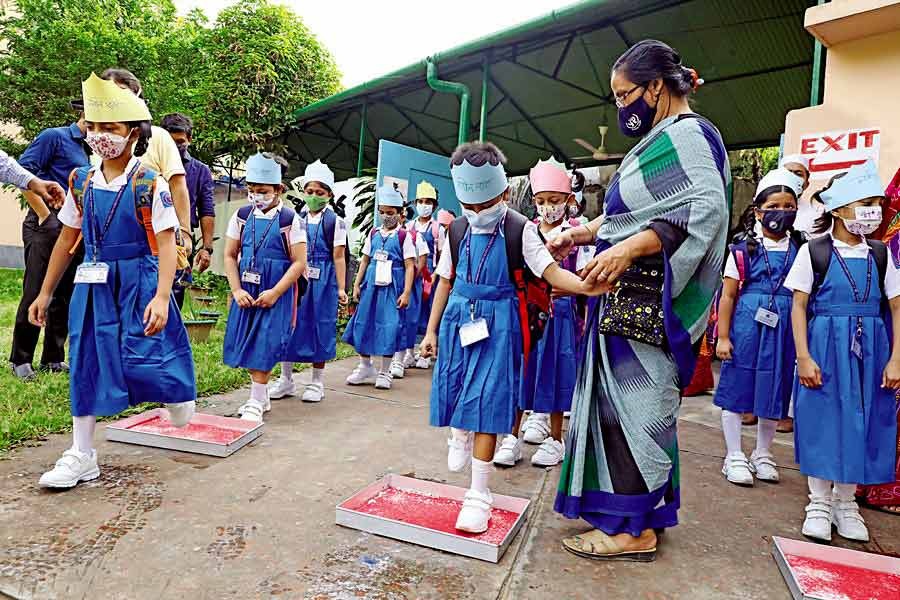Educationists could not be happier to know about a US$ 2.47 billion learning-loss recovery programme titled 'Learning Acceleration in Secondary Education (LAISE)' to be implemented between 2023 and 2028. The Covid-19 pandemic has, according to the UNICEF, threatened to create a lost generation only because of learning losses they suffered during the prolonged lockdowns and in the absence of any immediate effective recipe to make up for the lost time. Particularly the less advanced and low-income countries had suffered the most. Bangladesh is no exception to this, because one and a half years went missing without in-person classroom teaching. But there was no programme for learning losses, which should have been introduced along with the reopening of schools. At least children at the stage of foundational learning ---particularly those of the disadvantaged segments of society such as slum children, learners from poor and marginal families in villages---could be brought under such a learning recovery programme.
Here the adage 'better late than never' hardly applies because foundational education is crucial for a child, only more so for one from the backward section of society. A suggestion made through this column for forming a young teachers' brigade from college and university students who either lived in villages with families during the pandemic or were unemployed, to teach small groups of primary students did not receive any attention. There was no need for such a huge expenditure to address the foundational lapses in education for primary students. It would have returned in spades. By this time public examinations of two batches of secondary and higher secondary students on short syllabi and fewer subjects have been completed. Many are worried how the GPA-5 achievers in such examinations will fare in higher education.
Yet the government deserves appreciation for this belated initiative because there is still a lot to salvage when the programme concerns recovery of learning losses, particularly in the context of a paradigm shift in education policy. It is a whole new education curriculum for students up to standard 12. Because the approach to teaching and contents along with the process of evaluation is highly demanding, there was need for preparing the teachers first for taking up the challenge. A contemporary reported the other day that an hour's training was what teachers received before starting their classes in the new academic year. This is ludicrous. The apprehension is that a potentially most rewarding education system will be undermined, like its predecessor structured (creative) questions, for evaluation of merit.
It is exactly at this point the allocation of $2.47 billion, of which the World Bank's component will reportedly be $700 million, may be crucial in developing teachers' skills. Even a portion of the fund can be used for research and experiment to arrive at the best possible teaching manual and method. Apart from the foundational learning loss involving reading and numerical capabilities, teaching at the higher stages will be more challenging because of the learners' earlier weaknesses. Britain's Education Endowment Foundation does the job of finding remedial measures with aplomb. Bangladesh can as well set up such a foundation in order to address the problems that are expected to crop up with the introduction of the new education system.


